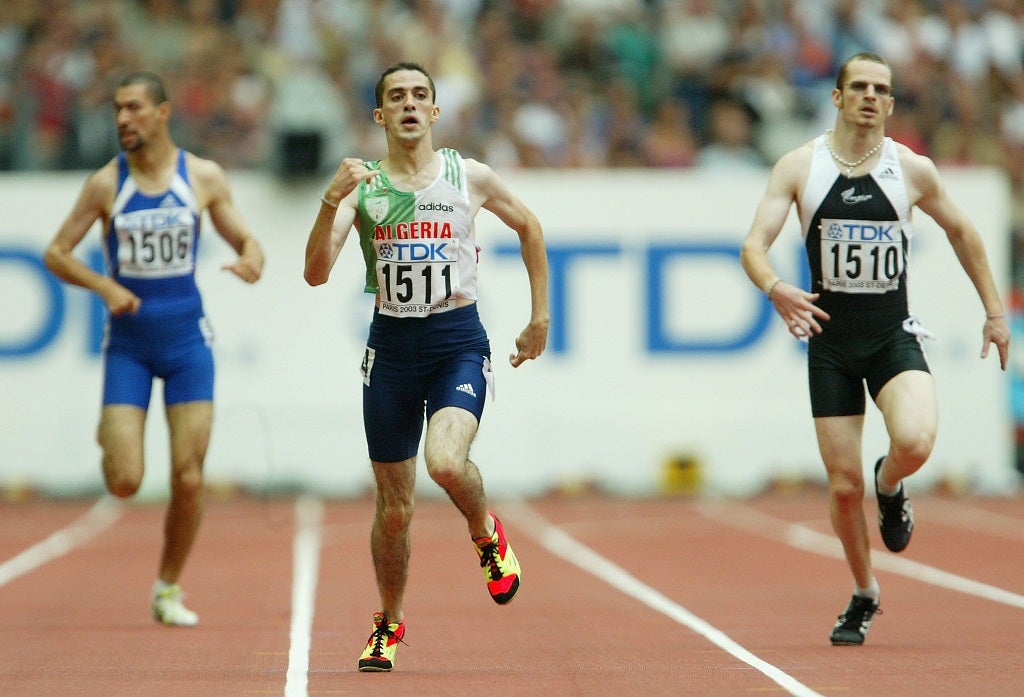It's a difficult question for any disabled person to answer: would I want to be cured?
The back-and-forth between parents on whether they'd want their child cured of Down's Syndrome made me reflect on my own condition

US researchers have made a breakthrough in the search for a cure to Down's Syndrome. This week Dominic Lawson, whose daughter has the disability, argued that he would not want her cured. His daughter, he said, is who she is - the person her parents and sister know and love. A cure, he added, would give her the ability to count or read a clock, but those abilities don’t matter to her family.
A parent of a five-year-old girl with Rett Syndrome, Catriona Moore, today responded to Dominic Lawson’s column. She said that while she loves her daughter the way she is "unquestionably" she also wants her to be cured "more than anything in the world."
I can understand both views. I’ve been physically disabled since birth as a result of Cerebral Palsy, a condition for which there is, so far, no cure. There are, however, several treatments that lead to significant improvement.
But so far, I have never read a piece by a disabled person about whether they would want to be cured completely. So, would I?
Honestly, the answer is that this is a very difficult question. I am proud to be disabled, because I’ve never known any different. I’m proud of my parents and proud to be their child because they have accepted me, while doing everything possible to give me treatment.
My disability has allowed me to meet many people I love, who I think I would not have met if I was not disabled. I like to think my disability has made me more sensitive to all differences. It could well be the reason I don’t like racism, religious discrimination or homophobia. I understand that these differences can’t be helped. Would I understand this if I was not ‘ different’ myself? Maybe not.
On the other hand, is there anything I would change about my disability? The honest answer is yes, there is. I would give anything to be able to drive a car - something my disability makes impossible.
My disability has also been the reason I have seen death from a young age, of people who were far too young to die. People I grew up with. People I consider my closest friends. They were more severely affected by our disability than I am. Do I wish they had been able to walk? Of course. Do I wish they had been able to talk to me? Every single day.
What would I do if I was cured? I’d buy a pair of high heels, take a driving test, pass it and drive a fast car. Then I would cure those of my friends who are still alive today and have long, clear, verbal conversations with them on long walks around a lovely park.
That’s just a dream for me, though. Am I sad that it will never come true? Not really. If I put on high heels, I’d probably fall flat on my face, with or without a ‘normal’ ability to balance. If I drove a fast car, I’d probably crash it, with or without a disability. As for my friends, if we were all cured, I wonder if they would even want to know me. Since I would hate it if they didn’t, I’ll take my life exactly as it is, thank you very much.

Join our commenting forum
Join thought-provoking conversations, follow other Independent readers and see their replies